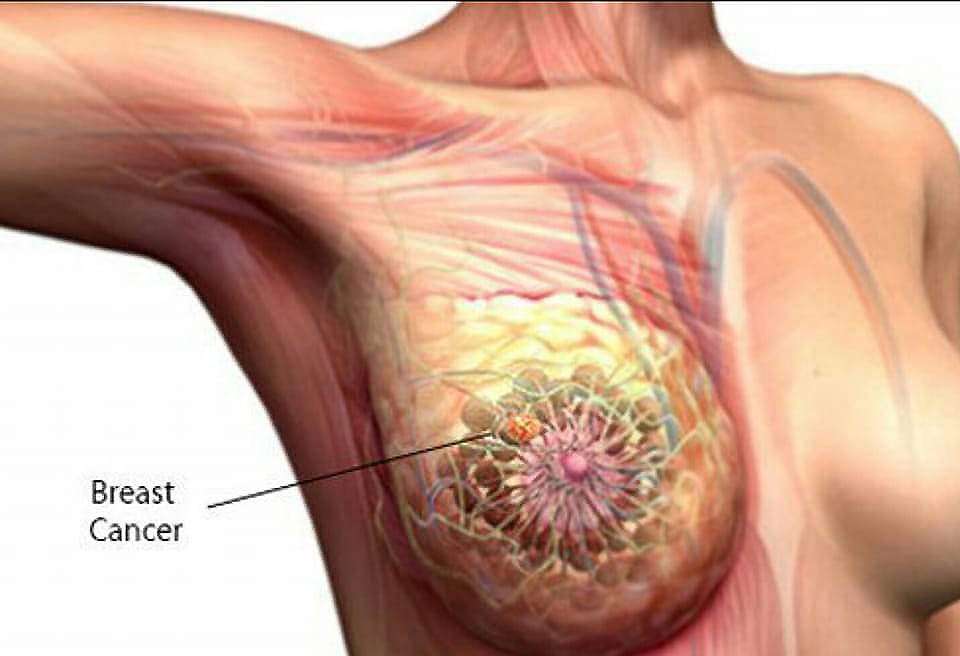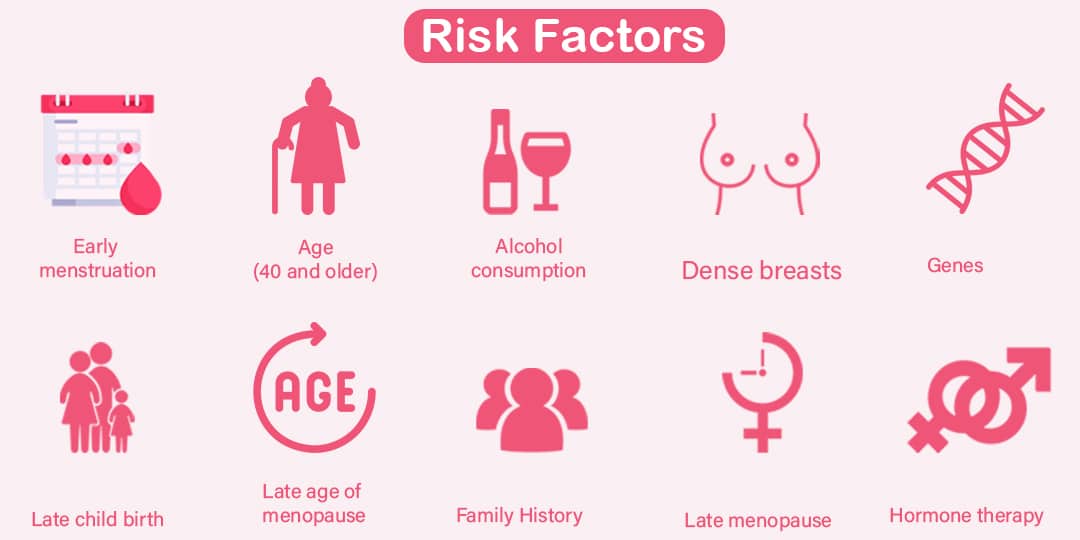Breast cancer is indeed a serious and potentially life-threatening condition that affects both women and, less commonly, men. However, it's important to clarify that there is no scientific evidence to support the claim that having men suck on a woman's breast can prevent or reduce the risk of breast cancer.
Understanding Breast Cancer:
Breast cancer occurs when cells in the breast begin to grow abnormally, forming a tumor that can spread to other parts of the body. Early detection and treatment are crucial for improving survival rates.
Risk Factors for Breast Cancer:
- Age: The risk increases as you get older.
- Genetics: A family history of breast cancer can increase risk, especially if certain gene mutations (like BRCA1 and BRCA2) are present.
- Lifestyle: Factors like excessive alcohol consumption, obesity, and lack of physical activity can contribute to higher risk.
- Hormonal Factors: Prolonged exposure to estrogen, such as through early menstruation or late menopause, can increase risk.
Ways to Reduce the Risk of Breast Cancer:
- Regular Screenings: Routine mammograms and self-exams can help with early detection. Early-stage breast cancer is easier to treat.
- Healthy Diet and Exercise: Maintaining a healthy weight, eating a balanced diet rich in fruits, vegetables, and whole grains, and staying active can lower the risk.
- Limit Alcohol Consumption: Reducing alcohol intake can help decrease the likelihood of developing breast cancer.
- Quit Smoking: Smoking is linked to many types of cancer, including breast cancer.
- Breastfeeding: Studies suggest that breastfeeding may slightly lower the risk of breast cancer, especially if done for longer durations.
Myths and Misconceptions:
- Breast Sucking and Cancer Prevention: While breastfeeding has been linked to a reduced risk of breast cancer, the act of a partner sucking on the breasts does not have the same effect. Breastfeeding provides hormonal changes that may lower cancer risk, but there is no evidence to suggest that similar actions by a partner can prevent the disease.
Conclusion:
To reduce the risk of breast cancer, it’s important to focus on healthy lifestyle choices, regular check-ups, and awareness of family medical history. If you have concerns about breast health, it's best to consult with a healthcare professional who can provide accurate information and appropriate screenings.




